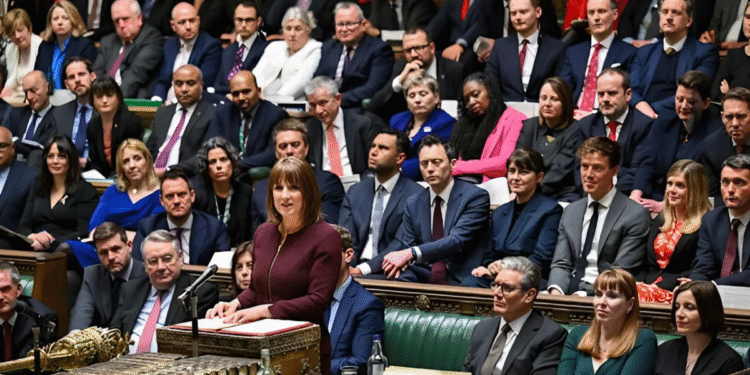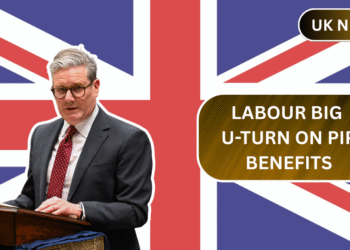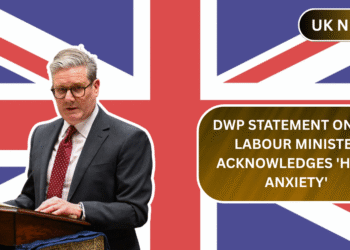The Department for Work and Pensions (DWP) has issued a serious warning that proposed benefit changes by the Labour Party could result in up to 250,000 people losing around £4,500 a year, potentially pushing many into poverty. The warning comes amid rising concerns about how low-income families and vulnerable individuals will cope if these benefit changes are introduced.
What Is the Concern?
This Article Includes
According to DWP officials, the main concern revolves around Labour’s stance on disability benefits and their proposed tightening of eligibility rules for those claiming out-of-work support due to mental health issues and physical conditions. While Labour has stated that reforms are aimed at encouraging people back into work where possible, DWP insiders argue that the proposed cuts are too steep and could cause significant hardship.
The government estimates that under these new benefit rules, hundreds of thousands of people could see their financial support reduced or removed altogether.
Who Will Be Most Affected?
The people who are likely to feel the biggest impact are those on health-related benefits, especially those suffering from anxiety, depression, and other mental health conditions. Many of them are currently receiving benefits through the Universal Credit system or Employment and Support Allowance (ESA). The DWP says the new rules might make it much harder for these individuals to qualify for extra financial help in the future.
Campaigners have pointed out that a £4,500 loss annually could be devastating, particularly for people already living close to the poverty line. For someone relying heavily on disability-related support, a cut of this size could mean choosing between paying for rent, food, or electricity.
Labour’s View on the Matter
Labour leader Keir Starmer has been vocal about wanting to “reform the welfare system.” He argues that the current system keeps people stuck in poverty and dependency, and his plan is to push for more employment opportunities and help more people return to the workforce.
However, critics say that while the idea of encouraging work is good, slashing benefits without proper job support systems in place could leave many people vulnerable.
Shadow ministers have so far not confirmed exact changes but suggest they will conduct a full review of health assessments and how people are judged eligible for benefits.
Widespread Criticism from Charities and Experts
Leading charities like Scope and Mind have raised red flags over Labour’s approach. They argue that this kind of benefit cut would not just cause financial stress but could also worsen the mental health of those already struggling. The fear is that it would send thousands of people into deep financial insecurity with no safety net.
Experts warn that reducing support to those with limited capacity to work, especially in a cost-of-living crisis, will increase homelessness, debt, and reliance on food banks. Many believe this move would undo years of progress in welfare reform that was supposed to focus on compassion and support.
What Happens Next?
Nothing is official yet. Labour has not released a detailed welfare reform plan, and the next general election is still ahead. But the growing noise around this issue has made it a central talking point.
If Labour wins the next election and moves forward with these changes, the DWP has suggested that a quarter of a million people could be at risk of falling below the poverty line, unless alternative protections are put in place.
For now, the debate continues. But what’s clear is that any major change in the welfare system must consider the real-world impact on vulnerable people who rely on these benefits to survive.























